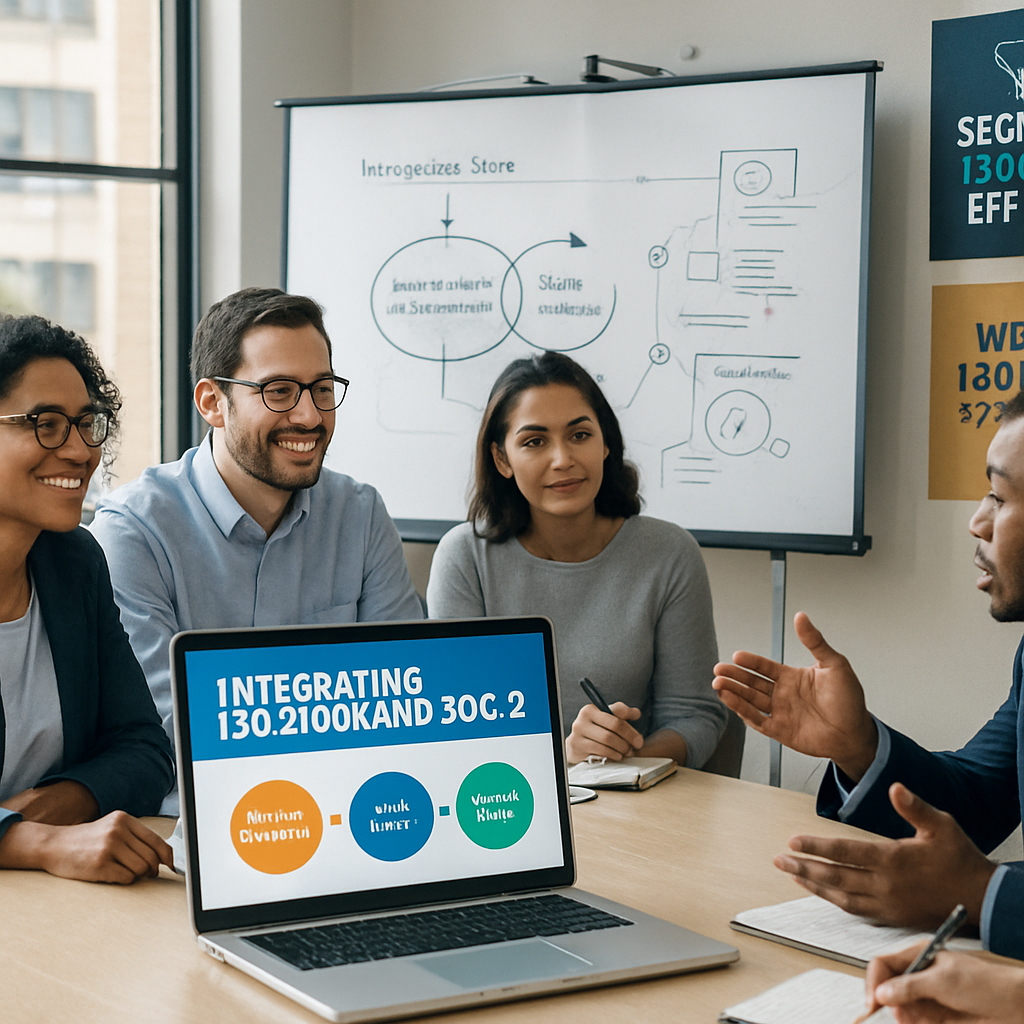FISMA and CMMC: A Comprehensive Guide for Government Contractors
The Importance of FISMA in Government Contracting
The Federal Information Security Management Act (FISMA) plays a crucial role in ensuring the security of government information systems. For government contractors, understanding FISMA is essential as it sets the standard for managing information security risks.
Compliance with FISMA not only helps in safeguarding sensitive government data but also enhances a contractor's reputation and trustworthiness, which are vital for securing government contracts.
Navigating CMMC: What Every Contractor Needs to Know
The Cybersecurity Maturity Model Certification (CMMC) is a relatively new framework that establishes cybersecurity standards for contractors working with the Department of Defense (DoD). It emphasizes the importance of protecting sensitive information and outlines specific practices and processes required for compliance.
Every contractor must be aware that CMMC compliance is mandatory and will be a factor in contract awards. Understanding the levels of certification and the assessment process is critical for contractors aiming to work with the DoD.
Key Differences Between FISMA and CMMC
While both FISMA and CMMC focus on information security, they serve different purposes and audiences. FISMA is primarily concerned with federal agencies and their contractors, emphasizing a risk management framework for protecting government information systems.
In contrast, CMMC specifically targets defense contractors and includes a more detailed set of practices and maturity levels, requiring organizations to demonstrate their cybersecurity capabilities through third-party assessments.
Steps for Achieving Compliance with FISMA and CMMC
Achieving compliance with FISMA and CMMC requires a systematic approach. First, contractors should conduct a thorough assessment of their current security posture to identify gaps in compliance. Next, they need to implement necessary controls and practices as outlined in both frameworks.
Finally, ongoing training and awareness programs for employees are essential to maintain compliance and ensure that everyone understands their role in protecting sensitive information.
Best Practices for Maintaining Ongoing Compliance
To maintain compliance with FISMA and CMMC, contractors should adopt a proactive approach to cybersecurity. This includes regular audits and assessments to ensure that security measures are effective and up-to-date.
Additionally, fostering a culture of security within the organization, where all employees understand their responsibilities, is key to sustaining compliance and protecting sensitive data against evolving threats.
.png?width=125&height=125&name=governance%20risk%20compliance%20(transparent).png)

